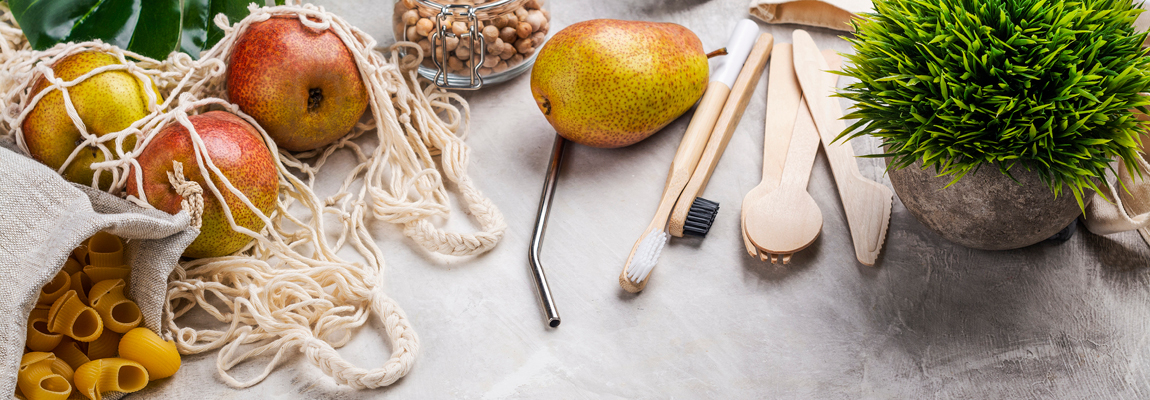
Recently we partnered with Swinburne University of Technology to explore the simple steps we can all take to minimise the consumption of plastic in our households.
Dr Olamide Shittu, a Circular Economy Research Fellow at Swinburne, posed the question, ‘What if we could transform household plastic consumption in cities?’. This was the first in our ‘What if’ discussion series partnership with Swinburne.
Olamide offers the following 6 tips to help you reduce plastic use in the home:
- An important step in reducing plastic use is gathering sustainability information. Learn which types of plastic are reusable. Find out how your local council or community can support you to use less plastic.
- Even when you are environmentally conscious, other household members such as children may not share the same passion or worry. Set simple guidelines for how to properly use, clean and store plastics at home. This can go a long way to reducing the number of damaged plastics you have to replace.
- A lot of the single plastics that we use are from what we eat and drink. Always go for sustainable food and beverage options. Buying fresh produce, home cooking, drinking tap water and using personal water bottles or coffee cups can help you reduce your plastic footprint.
- Many unimportant plastics are generated from our shopping activities. Always remember to take your reusable bags when you go shopping. Reject several bags for individual products where you can fit multiple items into a bag. Shop at businesses that offer reusable packaging services.
- Because we have become very reliant on them, we must challenge ourselves to use less plastic. Plastic Free July is a great activity the whole household can participate in to avoid single-use plastics, reduce takeaway items or become completely plastic-free. You will be surprised how much fun and impactful this can be.
- To have an even bigger environmental impact, we need more people to use less plastic. You can start by educating your friends and family about the importance of reducing plastics.
At City of Boroondara, collaborating with external organisations such as Swinburne University helps us deliver our vision to transform our customers’ experience into one that places them at the centre and delivers a seamless, convenient and empowering experience.
If you’re interested in attending a future ‘What if’ discussion, make sure you regularly check in to our Events page.